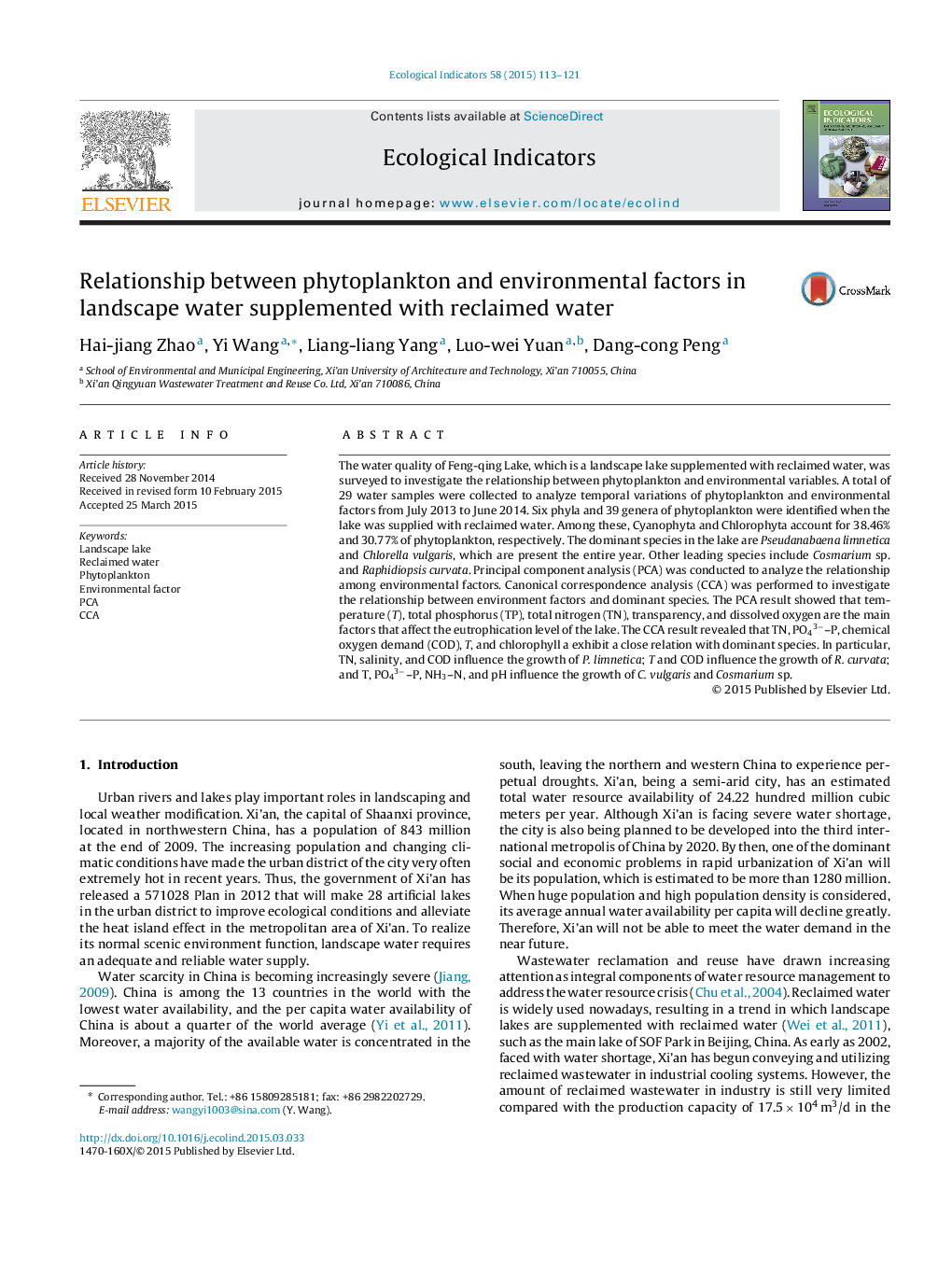| Article ID | Journal | Published Year | Pages | File Type |
|---|---|---|---|---|
| 5201431 | Polymer Degradation and Stability | 2015 | 9 Pages |
Abstract
In this work we have performed a detailed analysis of enzymatic degradation of amorphous poly (d, l-lactide) (PDLLA) by measuring the resonance frequencies of polymer coated microcantilevers before and after degradation. The miniaturized cantilever system provides a fast analysis of the biodegradation rate of PDLLA with a minute amount of sample and without the need of thermal and chemical acceleration. The degradation rate of the polymer has been estimated by multilayer cantilever theory and model simulation. A bulk degradation rate of 0.24 μg mmâ2 hourâ1 is estimated which agrees well with values reported in literature. The role of enzyme concentrations, pre-hydration in buffer, surface morphologies of PDLLA films and adsorption time of enzymes on the rate of degradation has been investigated. An increase in degradation rate is observed with an increase in enzyme concentration and after pre-hydration in buffer. A polymer film with a non-uniform surface degrades faster than the uniform one due to the preference of enzyme attack at film defects. A threshold time of around 3 h is estimated for irreversible enzyme adsorption on the polymer surface after which degradation can proceed even in buffer solution in the absence of enzyme.
Related Topics
Physical Sciences and Engineering
Chemistry
Organic Chemistry
Authors
Sanjukta Bose, Stephan S. Keller, Anja Boisen, Kristoffer Almdal,
